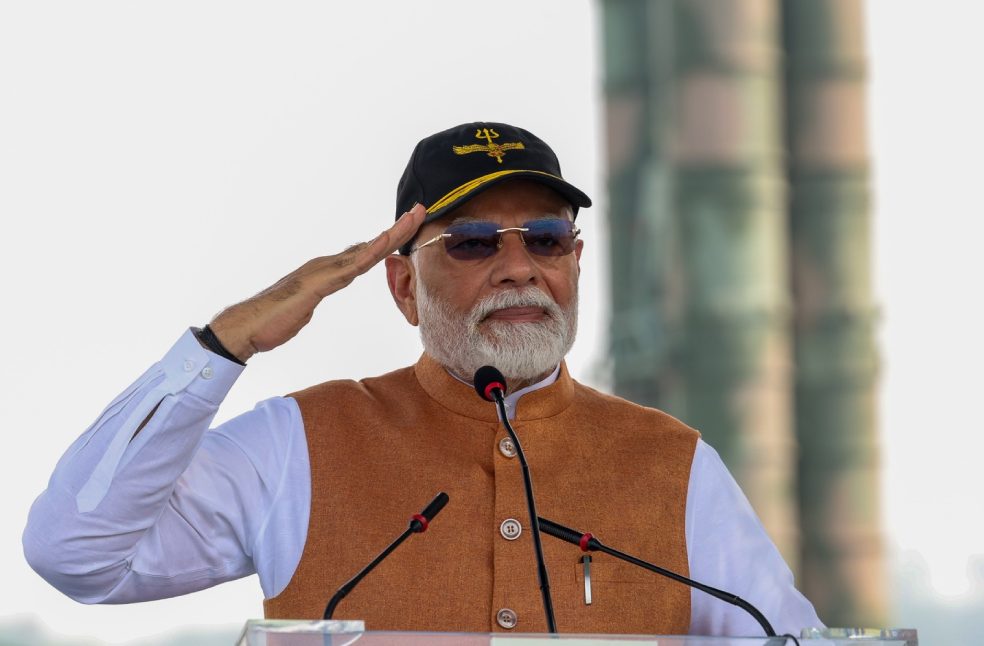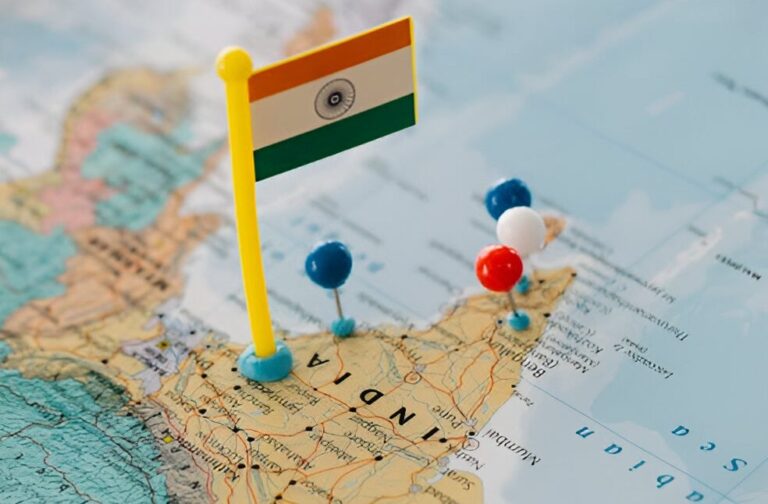New Delhi: The Indian government has announced that the country’s long-overdue population census will finally be conducted in two phases, with the procedure set to conclude by March 2027, after a six-year delay.
The first phase will involve housing data collection, while the second will enumerate the population. Originally scheduled for 2021, the decennial census considered one of the world’s largest administrative exercises was postponed multiple times. Prime Minister Narendra Modi’s government initially mentioned the Covid-19 pandemic as the main reason. However, critics and policy experts have since questioned the prolonged silence and lack of clear timelines.
The Ministry of Home Affairs confirmed that the reference date for most of the country will be 1 March 2027. For the Himalayan states of Uttarakhand, Himachal Pradesh, and the union territories of Ladakh and Jammu and Kashmir, where winter hampers access, the reference date will be 1 October 2026.
Notably, this census will also mark a historic shift, it will be the first time since 1931 that caste data for all citizens will be officially collected. The issue of caste enumeration has long been a politically sensitive one in India, with past governments avoiding the exercise due to its implications on welfare policy, reservations, and electoral politics.

India’s census operates under the Census Act of 1948, which offers the legal framework but does not set a fixed timetable for conducting or publishing results. The last census was completed in 2011, and the prolonged delay has raised alarms among economists, demographers, and welfare advocates.
Experts have warned that the absence of updated data for more than a decade has likely led to gaps in the delivery of welfare schemes, flawed electoral boundary drawing, and the misallocation of federal resources in the world’s most populous nation.
While the new announcement summarises the reference dates, the government has yet to clarify when fieldwork for either phase will begin.



